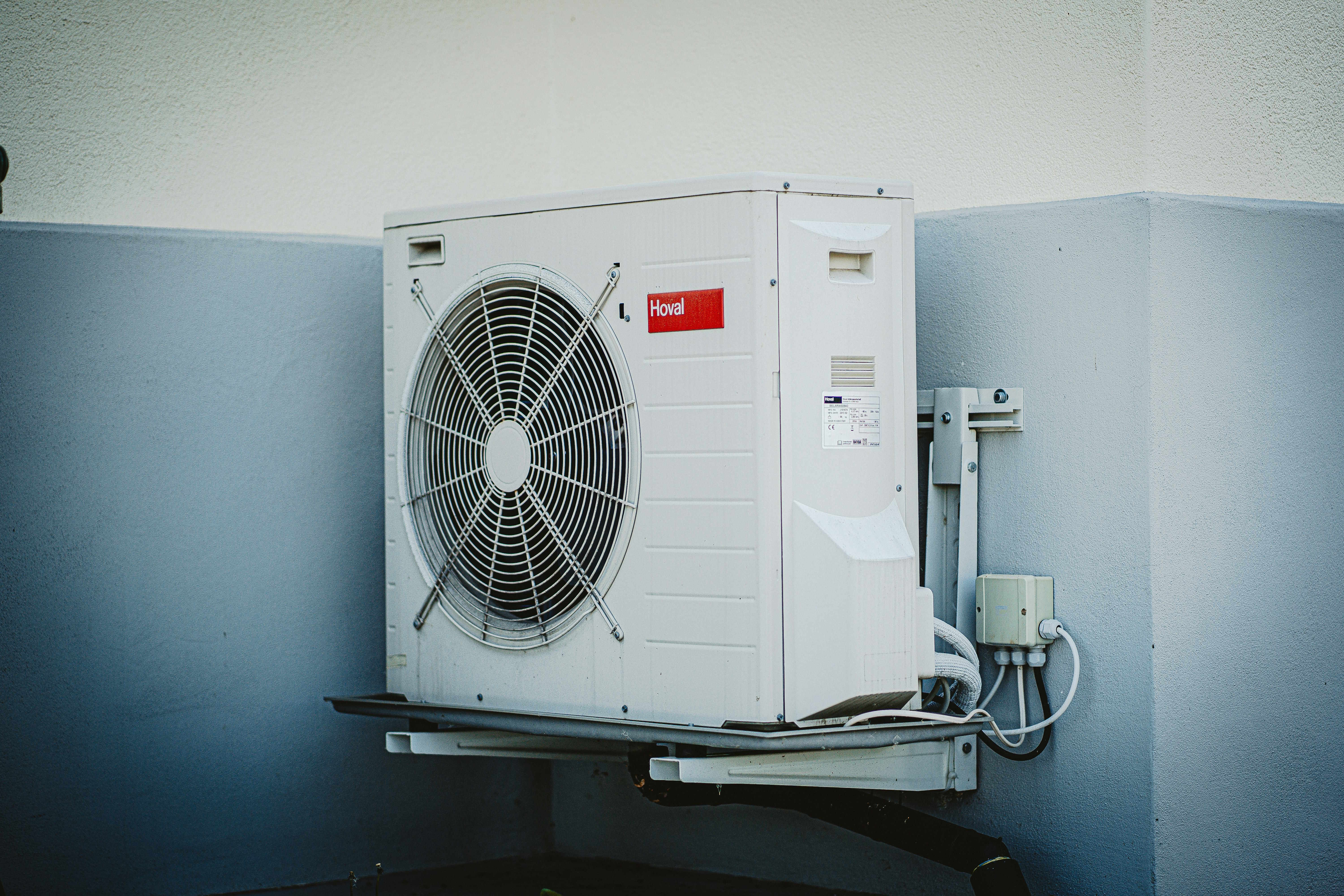Understanding Air Conditioning: A Comprehensive Guide to Cooling Systems
Air conditioning has become an essential part of modern life, providing comfort and relief from sweltering temperatures. This article delves into the world of air conditioning, exploring its components, functionality, and importance in climate control.

The process begins when the compressor pressurizes the refrigerant, turning it into a hot, high-pressure gas. This gas then flows into the condenser, where it releases heat to the outside air and condenses into a liquid. The liquid refrigerant passes through an expansion valve, which reduces its pressure and temperature. Finally, it enters the evaporator, where it absorbs heat from the indoor air, cooling it before returning to the compressor to start the cycle again.
What are the different types of air conditioning systems?
There are several types of air conditioning systems available, each suited to different needs and spaces:
-
Central air conditioning: This system uses ducts to distribute cooled air throughout a building.
-
Window units: These self-contained units are installed in windows or through walls, ideal for cooling single rooms.
-
Split systems: These consist of an outdoor unit (compressor and condenser) and an indoor unit (evaporator), connected by refrigerant lines.
-
Portable air conditioners: These are movable units that can be easily transported between rooms.
-
Ductless mini-split systems: Similar to split systems but without the need for ductwork, these are excellent for retrofitting older buildings or cooling specific zones.
Why is proper HVAC maintenance important?
Regular maintenance of your HVAC (Heating, Ventilation, and Air Conditioning) system is crucial for several reasons:
-
Energy efficiency: Well-maintained systems operate more efficiently, consuming less energy and reducing utility bills.
-
Improved air quality: Clean filters and components help remove pollutants and allergens from the air.
-
Extended lifespan: Regular servicing can prevent wear and tear, extending the life of your system.
-
Consistent performance: Maintenance ensures your system operates at peak efficiency, providing reliable cooling.
-
Early problem detection: Regular check-ups can identify potential issues before they become major, costly repairs.
How can you improve the efficiency of your air conditioning system?
Improving the efficiency of your air conditioning system not only helps reduce energy consumption but also lowers operating costs. Here are some tips to enhance your system’s performance:
-
Regular filter cleaning or replacement: This ensures proper airflow and prevents dust buildup.
-
Proper thermostat settings: Use programmable thermostats to adjust temperatures based on occupancy and time of day.
-
Sealing and insulation: Ensure your home is well-insulated and seal any air leaks to prevent cool air from escaping.
-
Regular professional maintenance: Schedule annual check-ups with a qualified HVAC technician.
-
Use of ceiling fans: These can help distribute cool air more effectively, allowing you to set the thermostat a few degrees higher.
What role does the compressor play in air conditioning?
The compressor is often referred to as the “heart” of the air conditioning system. Its primary function is to pressurize the refrigerant, turning it from a low-pressure gas into a high-pressure, high-temperature gas. This process is crucial for the heat exchange that occurs in the condenser and evaporator.
Key aspects of the compressor’s role include:
-
Circulation: It pumps refrigerant through the entire system.
-
Pressure increase: By compressing the refrigerant, it raises its temperature above that of the outside air, allowing heat transfer in the condenser.
-
Energy consumption: The compressor is typically the most energy-intensive component of an air conditioning system.
-
System control: It regulates the flow of refrigerant based on cooling demand.
Understanding the compressor’s function is essential for diagnosing issues and maintaining the overall efficiency of your air conditioning system.
What are the latest trends in climate control technology?
The field of climate control is constantly evolving, with new technologies emerging to improve efficiency, comfort, and environmental impact:
-
Smart thermostats: These devices learn your preferences and adjust temperatures automatically for optimal comfort and energy savings.
-
Variable refrigerant flow (VRF) systems: These allow for precise temperature control in different zones of a building.
-
Geothermal heat pumps: By leveraging stable ground temperatures, these systems provide efficient heating and cooling.
-
Solar-powered air conditioning: Integrating solar panels with AC units reduces reliance on the electrical grid.
-
Ice-powered air conditioning: This technology uses stored ice to cool buildings during peak hours, reducing strain on the power grid.
As climate control technology advances, we can expect even more innovative solutions that balance comfort with energy efficiency and environmental responsibility.
In conclusion, air conditioning plays a vital role in our daily lives, providing comfort and improving indoor air quality. By understanding the basics of how these systems work and implementing proper maintenance practices, we can ensure optimal performance, energy efficiency, and longevity of our cooling systems.






